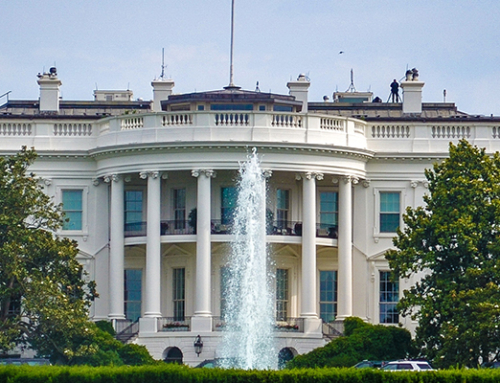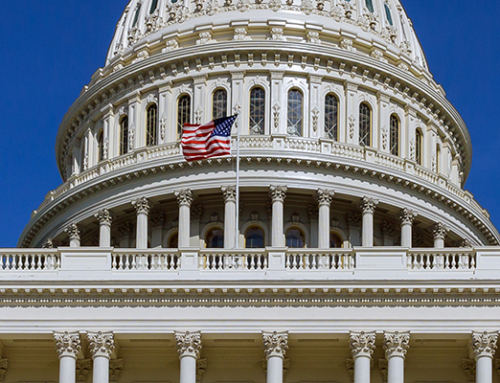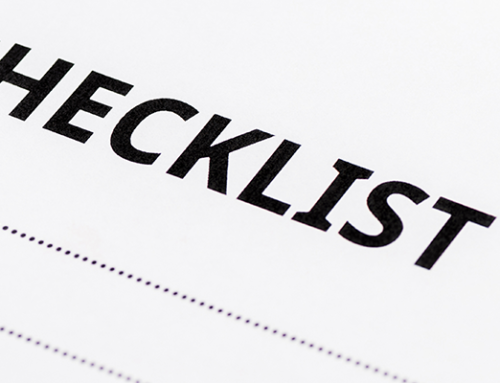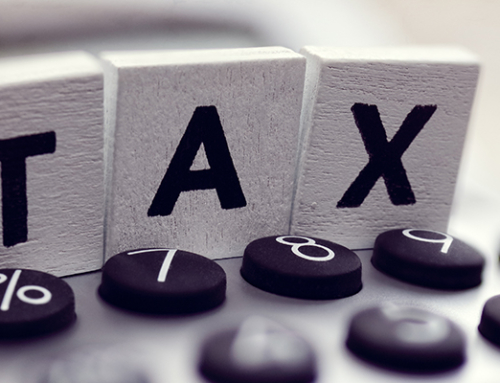On Tuesday, October 11, 2022, the United States Department of Labor released a proposed rule designed to more specifically define the circumstances under which an individual may be classified as an employee or an independent contractor under the Fair Labor Standards Act. See 2022-21454.pdf (federalregister.gov). The proposal has been viewed by some commentators as intended to restrict the use of independent contractor status for workers in the “gig” industry; particularly companies such as Uber and Lyft. The rule, however, also would have impacts that are broader.
In the development of the proposal, the US DOL considered the adoption of the ABC standard that was recently adopted in AB 5 in California but subsequently modified with various exceptions. Although the new proposal is limited to definitions under the FLSA, it could have an indirect impact in the determination of employee or employment status for the Federal Unemployment Tax Act (FUTA) and state Unemployment Insurance laws. It could also have an impact on determinations under workers’ compensation law. US DOL chose to analyze California’s ABC test as a regulatory alternative because businesses subject to multiple standards, including nationwide businesses, are likely to comply with the most demanding standard if they wish to make consistent classification determinations.
The ABC test originated in state unemployment insurance statutes, but some state courts and legislatures have recently extended the test to govern employee/independent contractor disputes under state wage and hour laws. See Keith Cunningham-Parmeter, Gig-Dependence: Finding the Real Independent Contractors of Platform Work, 39 N. Ill. U. L. Rev. 379, 408–11 (2019) (discussing the origins and recent expansion of the ABC test).
Under Dynamex Operations W., Inc. v. Superior Court, “[t]he ABC test presumptively considers all workers to be employees, and permits workers to be classified as independent contractors only if the hiring business demonstrates that the worker in question satisfies each of three conditions:
(a) that the worker is free from the control and direction of the hirer in connection with the performance of the work, both under the contract for the performance of the work and in fact; and
(b) that the worker performs work that is outside the usual course of the hiring entity’s business; and
(c) that the worker is customarily engaged in an independently established trade, occupation, or business of the same nature as that involved in the work performed.”
The ABC test only has three criteria, and no balancing of the criteria is required; all three prongs must be satisfied for a worker to qualify as an independent contractor. US DOL believes it is legally constrained from adopting an ABC test because the Supreme Court has held that the economic reality test is the applicable standard for determining workers’ classification under the FLSA as an employee or independent contractor.
California’s ABC test is slightly different than versions of the ABC test adopted (or presently under consideration) in other states. For example, New Jersey provides that a hiring entity may satisfy the ABC test’s “B” prong by establishing either: (1) that the work provided is outside the usual course of the business for which the work is performed, or (2) that the work performed is outside all the places of business of the hiring entity. N.J. Stat. Ann. sec. 43:21-19(i)(6)(A-C).
Because the ABC test is inconsistent with Supreme Court precedent interpreting the FLSA, the US DOL believes that it could only implement an ABC test if the Supreme Court revisits its precedent or if Congress passes legislation that alters the applicable analysis under the FLSA.
We are reviewing the rule for impact on UI and workers’ compensation and UWC may file comments to raise concerns with changes in definitions that could increase unemployment tax obligations and/or workers’ compensation premiums, retroactively impact employers, administration of UI and WC, or impact the eligibility of workers for benefits.






